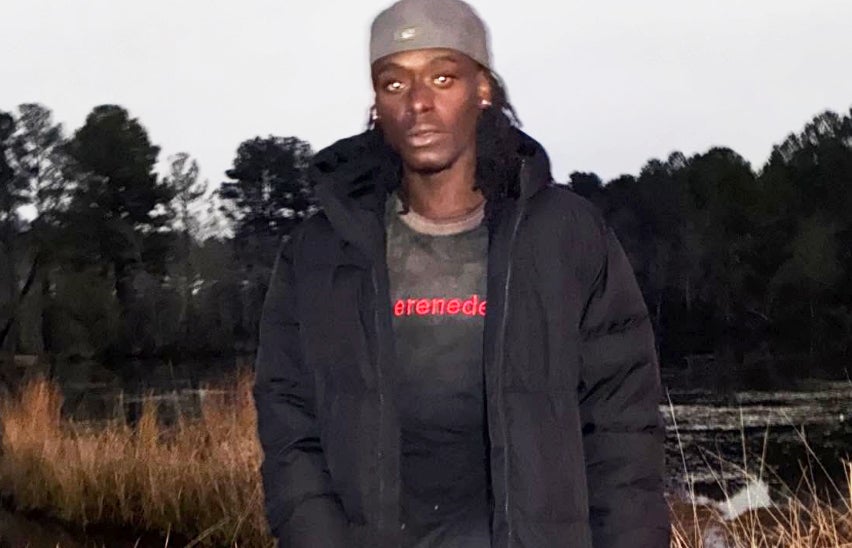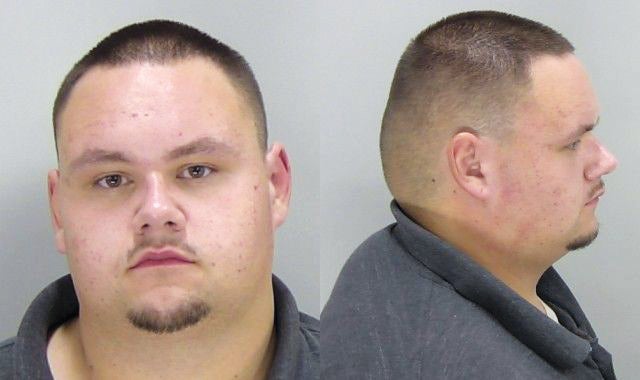Augusta University’s (AU) Career Services recently partnered with the Federal Bureau of Investigation to host the FBI Collegiate Academy, a four-week, 12-hour educational program.
The academy included 43 total students from AU, Paine College, the University of South Carolina Aiken and Augusta Technical College.
The program included 19 students from AU’s Katherine Reese Pamplin College of Arts, Humanities and Social Sciences and the School of Computer and Cyber Sciences.
The rigorous application process looked for applicants from all walks of life and majors who are interested in working with the FBI.
The academy covered topics including forensic accounting, domestic terrorism, operations and leadership, cybercrime, violent crimes against children/human trafficking, employment pathways, drugs and gang activity, active shooter training and the Ahmaud Arbery case.
“The initial class started with 50 students, ended with 43 graduates, and the students from Augusta University were the only institution with 100% retention from start to finish,” said Julie Goley, director of Career Services. “I enjoyed getting to witness the professionalism and inquisitive nature of our students involved in the program. They were a great group.”
Discovering the inner workings of the FBI
DJ English is one student who completed the course, and told the Augusta Press that when he first heard about it, “immediately it caught my interest.”
English graduated from AU in December with a degree in psychology and political science, and is now pursuing his Master of Arts in Intelligence and Security Studies degree.
“[The course] taught us a ton about what the FBI was about, what they take care of, what crimes they solve, what statistics they have today that help us to make us feel more safe,” said English. “It was a wonderful experience.”
Life-saving skills
English was one of multiple AU students to express that the courses’ instruction around mass shootings – particularly a tutorial on how to tie a potentially life-saving tourniquet – was one of the most informative and eye-opening lessons.
According to English, he learned that someone who is shot in a major artery has around 20-25 seconds to bleed out.
“That’s kind of terrifying, you have a very short amount of time to react,” he said.
Expanding future career pathways
Program completer Suma Sharma, an AU senior and cybersecurity major, said that her experience in the course has expanded her horizons when it comes to future careers.
She noted that she has been interested in a career with the National Security Agency, but is now considering the FBI as well, especially since cyber crimes such as sextortion are on the rise.
“I really enjoyed it,” she said about the program. “I didn’t know what to expect at first, just because it was something new…I thought there was a lot of useful information…it really gives you a broad overview of everything the FBI has to offer.”
Omarion Butts, an AU junior, said that students in the course had a chance to learn about FBI job opportunities, even talking about potential salaries.
“I learned a lot about the different positions that are within the FBI…we also learned a little bit more about internships,” he said.
Butts said he was motivated to participate in the program “to gain some type of experience, to learn some things that I can carry with me moving forward.”
Seeking out opportunity
AU Freshman Jordan Lee-Davis said that she felt the FBI Collegiate Academy would benefit her as she works to break into the technology sphere.
Lee-Davis said that as a cybersecurity major and person of color, this is important to her.
“As a Black woman, there’s not that many opportunities for us, especially in tech.”
“I was always interested in the FBI,” she continued. “I knew the FBI had specific elements that I enjoyed…[this program] seemed like something I could really, truly benefit from.”
Lee-Davis said one of the most challenging parts of the course was delving into particularly vicious crimes.
“Some cases were brutal, and especially since the FBI touches on so many places such as child exploitation, it’s difficult to sometimes understand and grasp that people are able to do these things.”












